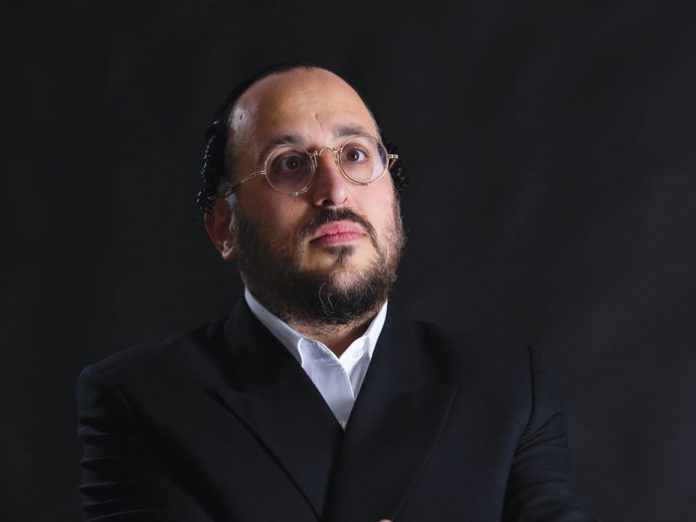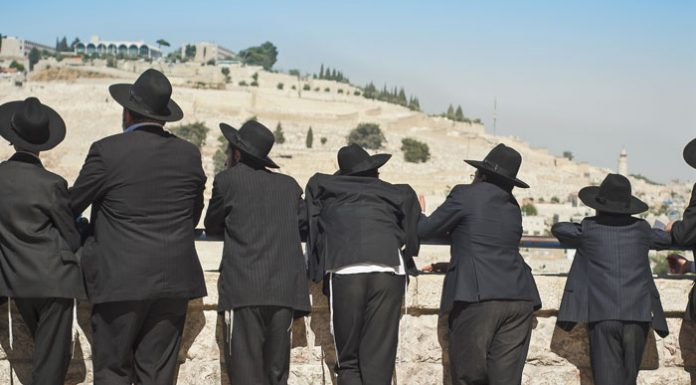I try to go to Boro Park only for celebrations. But tonight is an exception; I’m on the way to Boro Park because of a tragedy. I am heading to the home of Mr. and Mrs. Berel and Malky Schwartz, the bereft parents of forever 16-year-old Srulik, their beloved son who was tragically killed while biking home from Yeshivas Novominsk in Boro Park. I am not a music therapist, but I have been told that my music can bring them comfort. I will try.
As I reach the block of their home, I notice how quiet it is, how easy it is to find parking, so unlike the week of shivah when hundreds of people and every organization were converging here, all trying in their own way to bring some comfort to the devastated family. Misaskim volunteers had come to bring the chairs and all the necessities for a shivah house. Chaverim and Shomrim coordinated the traffic. Chai Lifeline volunteers were there helping the grief-stricken parents and siblings cope with their pain. Klal Yisrael was one with their pain, trying in some way to ease the family’s anguish.
But tonight, the people are gone and so are the organizations. This may be a block of ordinary houses, but what I see is total darkness—a darkness I can touch with my hands. Silence and darkness. Everyone has moved on to the next story, the next tragedy, but for the Schwartzes the pain is still raw.
I’m trying to gather some strength and energy before I go into their house. I have no idea what I am going to say, so I decide to call Yermi Brach, the father of a classmate of Srulik’s. Yermi was the one who contacted me on behalf of Srulik’s classmates and persuaded me that a song in memory of Srulik will ease the pain of his son’s classmates. He spoke of how shattered they all were, still disbelieving that the bachur who just a few minutes before had been in yeshivah sitting over a gemara was now gone. He had spoken to Srulik’s parents, and they too liked the idea. And yet, as I stand outside their home, I have no idea how to proceed. Perhaps Yermi can give me some insights as to what I can say to Srulik’s family.
“Hello, Yermi. Vus tit zech?”
“Lipa, bist shoin dort?”
“Yuh.”
“Vi azoi geit es?”
“S’geit nisht.”
Yermi tells me that if he had known how to speak to them, or if he had known anyone else who could speak to them and comfort them, he would not have reached out to me. “Lipa, just go there and talk to them,” he urges me.
So I go.
“Oy, Lippppa…” Berel’s voice still rings in my ears. As you can imagine, I have heard my name called many times in many different settings, but this time the calling of my name has a unique tone to it. It’s harmonized by deep sighs and tears. When Srulik’s father calls my name, it suddenly sounds like a motif from a very old, ancient tune as if sung by the Kohen Gadol. Simply put, Reb Berel Schwartz greets me with such warmth as if we have known each other for years.





















